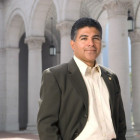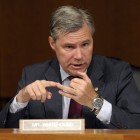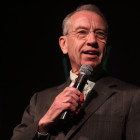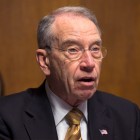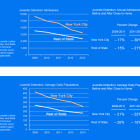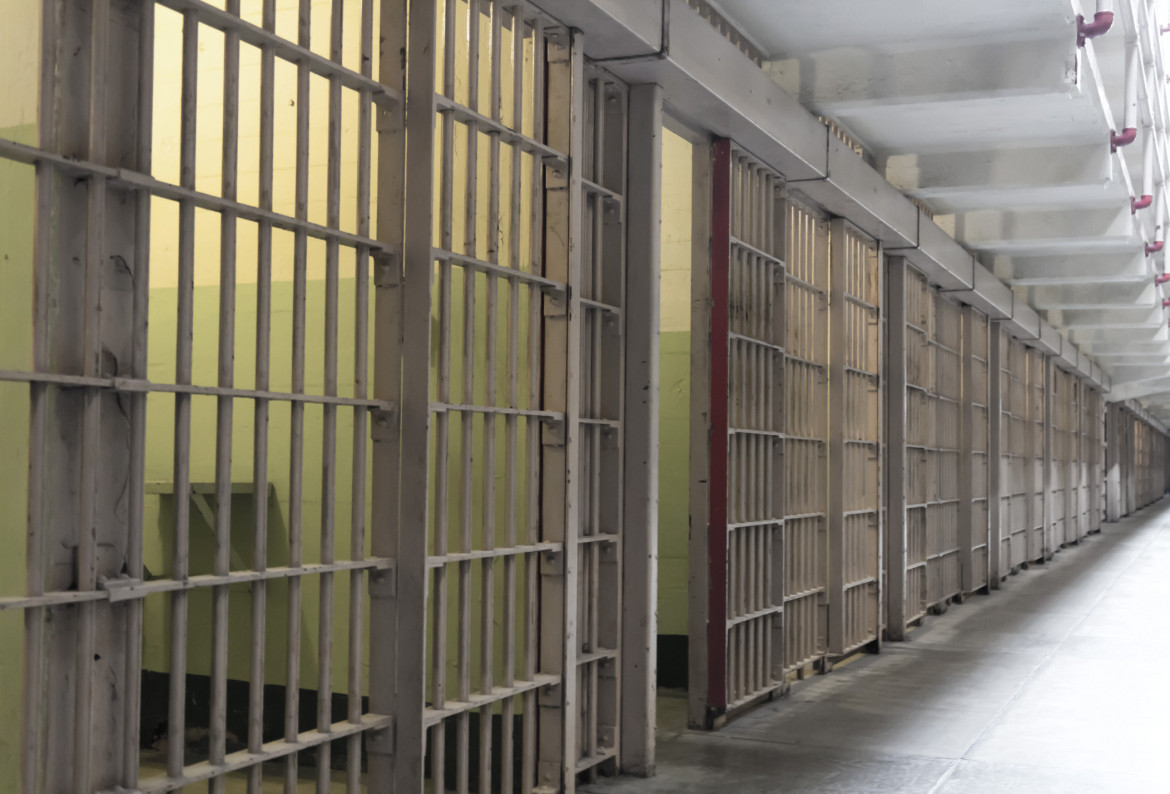House Proposal Would Eliminate Key JJDPA Funding
|
WASHINGTON — Funding that goes to states mainly for complying with a federal law designed to protect children in the juvenile justice system would be eliminated under a proposal to be marked up today by a U.S. House Appropriations subcommittee.

